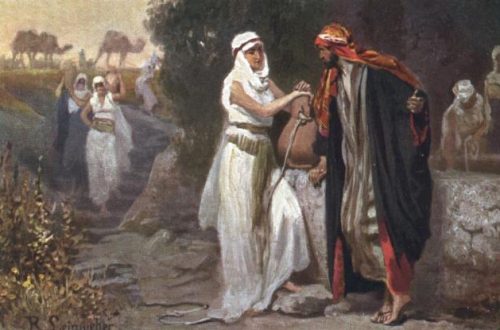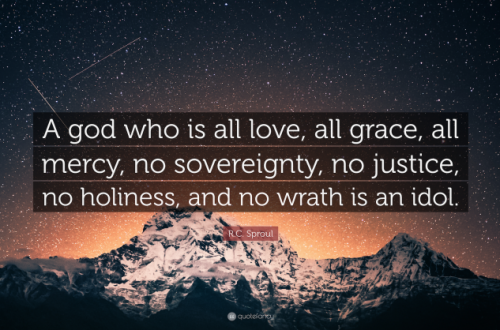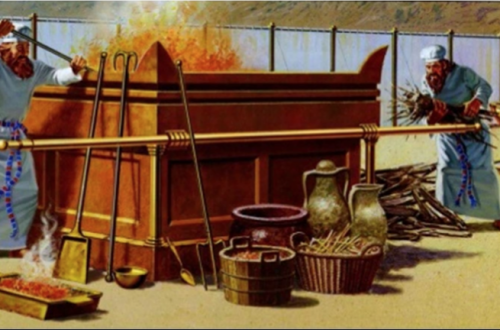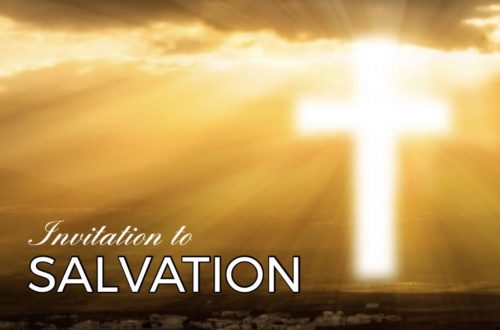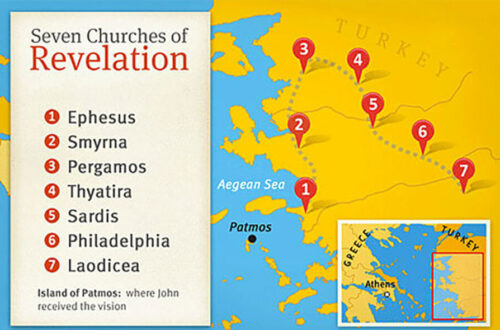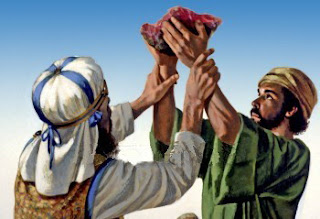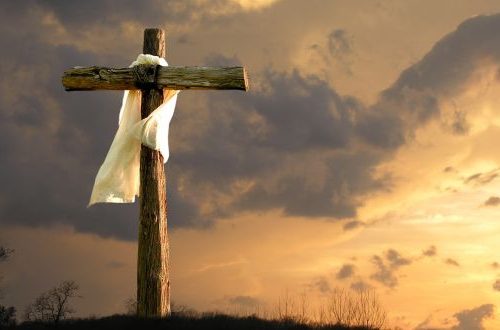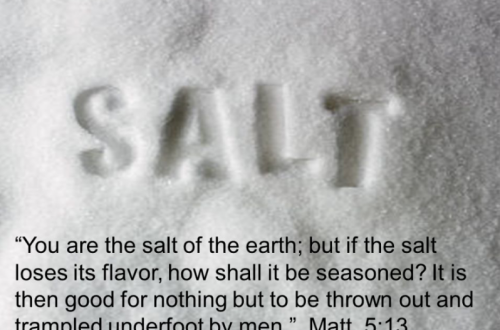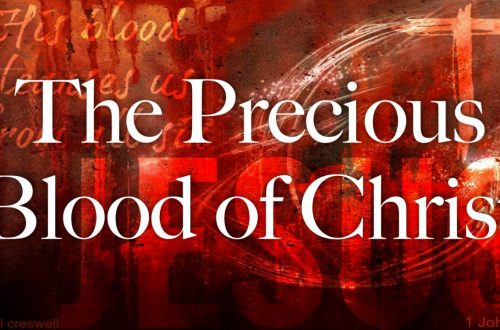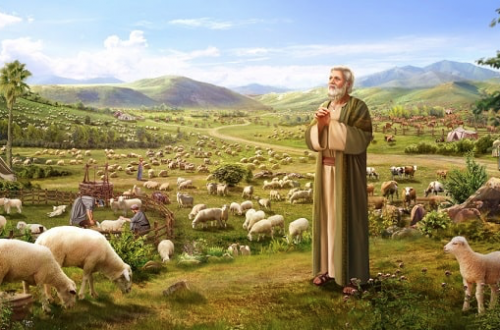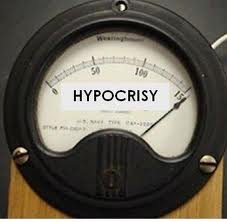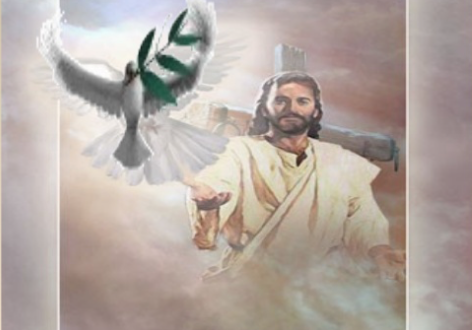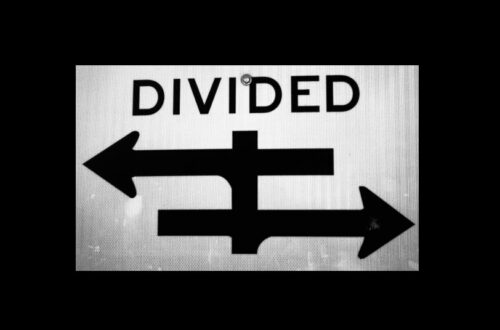-
The joy of God-given love
The Song of Solomon 2:8–13 is part of the lectionary readings for the fifth Sunday after Pentecost, which is July 5th. The background for this love ballad is the romance between Solomon and his beloved bride. According to 1 Kings 4:32, King Solomon composed 1,005 songs. Many Bible scholars assume that the Song of Songs (sometimes called the Song of Solomon) is one of these. It seems most reasonable to accept Solomon as the God-inspired composer, especially since the title refers to Solomon by name (1:1). In fact, his name appears many times throughout the book (1:5; 3:7, 9, 11; 8:11, 12). Admittedly, there are some who question Solomon’s authorship…
-
Abraham, characterized by unwavering obedience
Genesis 22:1–14 is part of the lectionary readings for the fourth Sunday after Pentecost, which is June 28th. In chapter 20, we see Abraham repeating a sin he had committed earlier (12:10–20). Specifically, after moving into the Negev (southern Israel), Abraham again identified Sarah as his sister in order to protect himself. Abimelech, the king of Gerar, took Sarah into his harem. Before long, God warned Abimelech to return Sarah to Abraham. For a second time, Abraham found himself reprimanded by a pagan king for lying. Yet, then Abimelech gave Abraham such material benefits as sheep, cattle, and slaves, along with clearing Sarah’s name (reputation). The stage was now set…
-
Experiencing Peace and Hope with God
Romans 6:1–11 is part of the lectionary readings for the third Sunday after Pentecost, which is June 21st. In 5:12–21, Paul drew a parallel between Adam and Jesus. At the dawn of history, Adam rebelled against the Creator by deliberately violating His specific command. As a result, the entire human race became alienated from God. Whereas Adam’s transgression brought condemnation to all humanity, Jesus’ atoning sacrifice brought forgiveness and new life to all who trusted in Him. The Mosaic Law was added so that an awareness and acts of trespass might increase. Also, where sin increased, grace increased considerably more. Similarly, the more people became conscious of their hopeless condition…
-
Experiencing Peace and Hope with God
Romans 5:1–8 is part of the lectionary readings for the second Sunday after Pentecost, which is June 14th. In 3:21–31, we learn about the Father’s provision of righteousness through faith in the Son (Rom 3:21–31). Paul argued that long before the advent of the Messiah, Abraham and David were justified by faith (4:1–8). The apostle clarified that faith was also the basis for the covenant between God and His chosen people (vv. 9–15). Indeed, God’s promise of grace extended to all Jews and Gentiles, whose faith in the Creator was like that found in Abraham. Though he was exceedingly aged, and Sarah was past childbearing, Abraham still believed God’s promise…
-
How awesome is our Creator!
Psalm 8 is part of the lectionary readings for the first Sunday after Pentecost, which is June 7th. Of the 150 psalms, only 34 do not have titles. For the hymns that have them, these superscriptions indicate such things (in various combinations) as the author, type of psalm, musical notations, liturgical notations, and historical context. According to the title of Psalm 8, David was the human author. The phrase, “for the director of music,” suggests that this song is from an early collection of hymns used in temple worship. It’s also possible that when the psalm was used in the Hebrew liturgy, the leader of the Levitical choir spoke it…
-
Many gifts, one Spirit
First Corinthians 12:1–13 is part of the lectionary readings for Pentecost Sunday, May 31st. On this momentous day in the life of the Church, the passage highlights the gifts of grace the Spirit brings to Jesus’ followers. A key purpose Paul had in writing 1 Corinthians was to explain that the crucified and risen Messiah embodied the gospel. He was also the basis for the church’s unity, service, and hope. Part of that unity was maintained through the presence and practice of “spiritual gifts” (v. 1) within the body of Christ. The Greek text (pneumatika) is more literally rendered “spiritual things” and can either refer to persons filled with the…
-
A Prayer for Unity
John 17:1–11 is part of the lectionary readings for the seventh Sunday of Easter, May 24th. Jesus’ petition is often called His high priestly prayer. In the Old Testament, the high priest had a special role in representing God’s people. Once a year, on the Day of Atonement, the high priest entered the Most Holy Place in the temple to make atonement for the sins of the nation (Lev 16:5–17). Yet, the blood of bulls and goats was only a temporary, anticipative substitute for the spotless Lamb of God. At the divinely appointed time, He offered Himself as the perfect, once-for-all sacrifice of atonement for our sins (Rom 3:23–26; Heb…
-
Hope Even in Suffering
First Peter 3:13–22 is part of the lectionary readings for the sixth Sunday of Easter, May 17th. In verse 9, the apostle alluded to the fact that his readers were being persecuted for their faith. Then, in 3:13–4:19, he dealt more fully with the issue of suffering as believers. Peter observed that, as a general rule, a devotion to “do what is good” (3:13) should not result in “harm” or punishment. Yet, even if the exception to this rule prevails and undeserved suffering results from doing good, those who belong to the Messiah are “blessed” (v. 14) for being virtuous. One interpretive option is that Peter’s mention of adversity was…
-
Jesus, the One and Only Way
John 14:1–14 is part of the lectionary readings for the fifth Sunday of Easter, May 10th. The backdrop for this passage is the Savior’s final meal with His disciples before His crucifixion. During what is now called the Last Supper, Jesus demonstrated what it truly means to be a bondservant. Even though He was the Son of God (1:34, 49), He humbled Himself by washing the feet of His disciples. This act was so deferential that at first Peter refused to allow Jesus to wash this disciple’s feet. In response, Jesus told Peter and his peers that unless this was done, He could not accept them as one of His…
-
Divine Blessings Amid Suffering
First Peter 2:19–25 is part of the lectionary readings for the fourth Sunday of Easter, May 3rd. In this passage, the author encouraged Christians to rejoice, even when they suffered as the Messiah did and for His glory. Peter regarded his readers as pilgrims in the world. “Aliens” (1 Pet. 2:11) refers to permanent resident foreigners in a land. They would have had no legal status or rights where they were sojourning. “Strangers” denotes those who dwelt temporarily in an area. When taken together, these two terms stress the truth that even though believers dwell in the world, they do not belong to it. Because Christians are temporary residents on…

